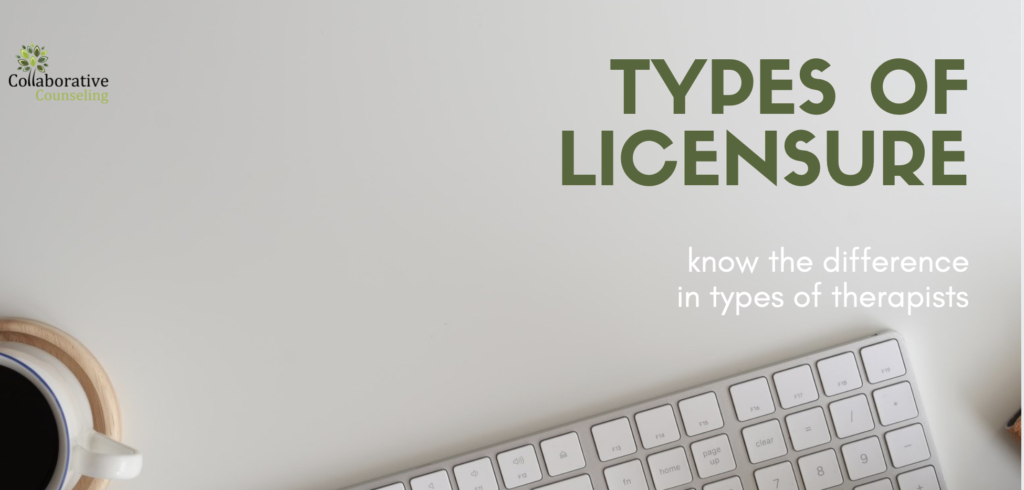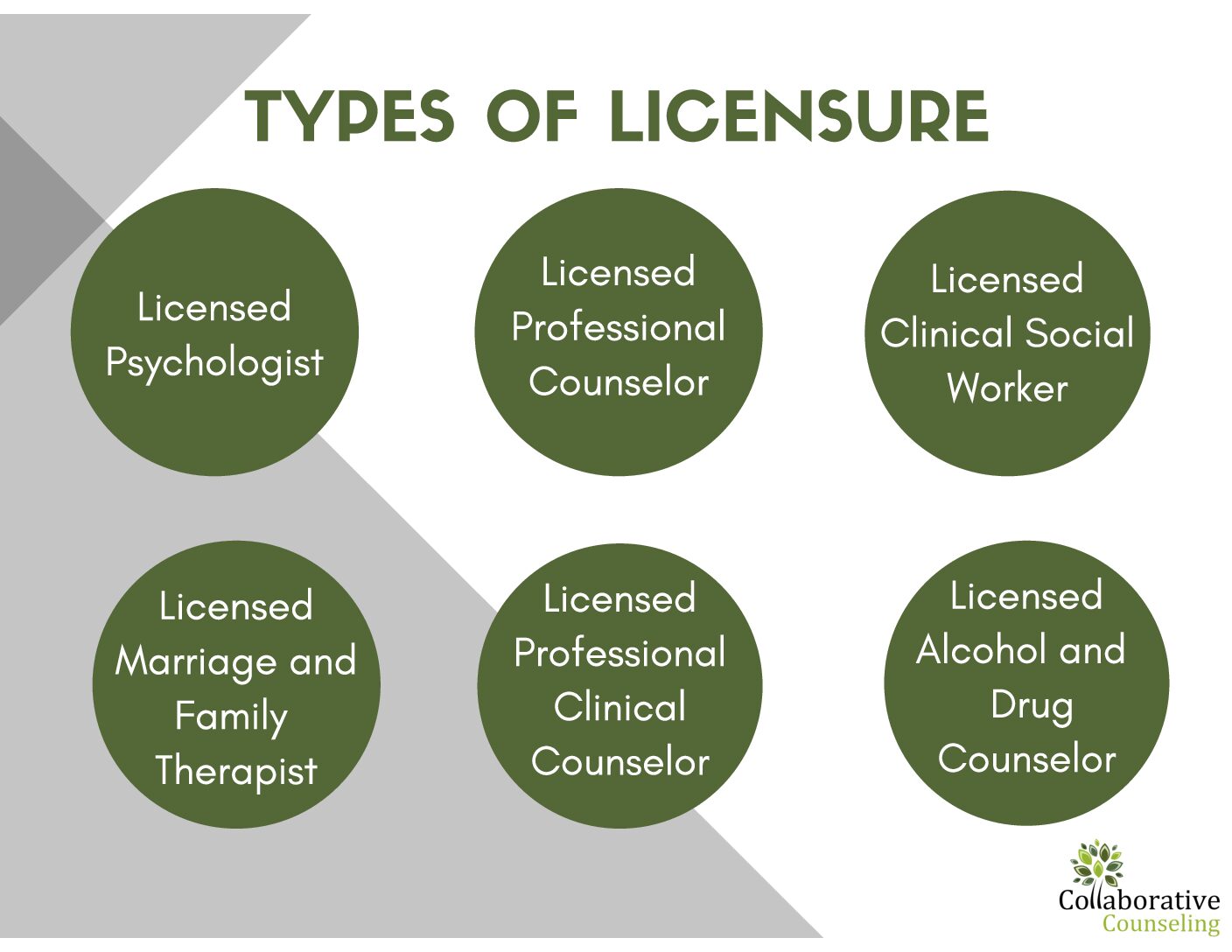How Therapy Strengthens Love
Posted by Collaborative Counseling

The Valentine’s Day season is around the corner, and so is the pressure to celebrate it. During this time of year, there is no shortage of candy brands reminding us that the best way to express love is through treats. The fact of the matter is that love is a daily choice that requires much more than chocolate.
Oftentimes we can get caught up in the overwhelming stress of life’s commitments. Therapy is a tool that helps us process our feelings and open our minds to giving and receiving love, thereby strengthening our relationship with others.
Therapy teaches us to love ourselves with…
Compassion
Maybe you’re familiar with the phrase “You are your own worst critic”.
Unfortunately, this phrase holds more truth than we want to believe. Psychology Today’s article discusses the negative impact that self-criticism can have on our mental health. Therapy creates a safe space where we can process the internal disapproval that we allow ourselves to be burdened with. By reducing some of these burdens, we can free our minds to make room for more positive mindfulness and self-love.
Recognition
When we’ve learned to exercise compassion, there will then be space for recognition. The thought of having to be mindful and vulnerable is scary, but breaking down our internal barriers empowers us to see our strengths. All too often, we do not give ourselves enough credit for the good qualities that we have. We have a tendency to break ourselves down, instead of building ourselves up. By doing the opposite, and recognizing our strengths, we can master the art of loving who we are.
Development
One way we can learn to love ourselves is by taking steps to help us meet our potential. Therapy creates a safe space where we can discover what we need to grow. This can be hard to do, as sometimes we are forced to acknowledge parts of ourselves that we hope not to. But, by managing bad habits or negative mindsets, we can develop into the thriving person we hope to be.
Therapy teaches us to love others with…
Communication
Communication is an important part of every relationship. If you google synonyms for “communication” you might find words like “give” or “deliver”. Very rarely do we equivocate communication with “receiving”. It’s important to remember that communication between two people goes both ways. While this practice requires speaking with calm tones and kind words, it also requires active listening. Therapy not only teaches us the techniques to be heard, but also the ability to hear others. This can be hard to put into practice, but, when done correctly, allows us to build a greater connection.
If you’re looking for active ways that you can practice better communication with your partner, check out our blog on 10 Communication Tips for Couples
Recognition
When we interact with others, we tend to get caught up in the moment. It’s easy to forget that the other person has a different perspective from our own. Therapy teaches us to take a step back and recognize the kinds of burdens that others might be carrying. Check out Psychology Today’s article on the 5 Ways Empathy is Good for Your Health. By practicing empathy, we will find that we can build stronger connections with others.
Compassion
Just like we should work to be less critical of ourselves, therapy helps us to be less critical of each other. It can be hard to let go of the things that hurt us, but the practice of compassion can help us move forward. Therapy creates a safe environment where we can learn this skill, together, and strengthen our connections.
Read More
 View Our Locations
View Our Locations Request Appointment
Request Appointment












